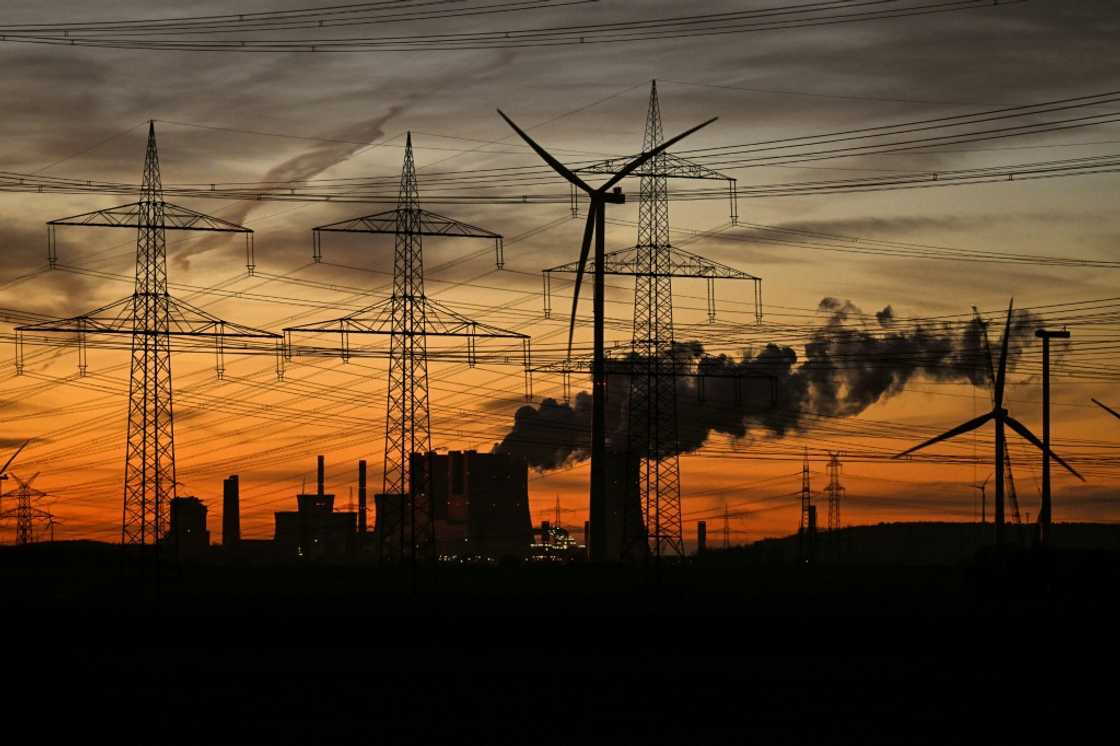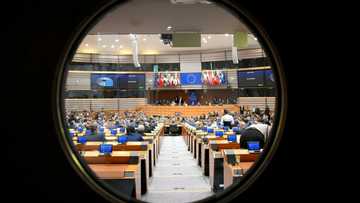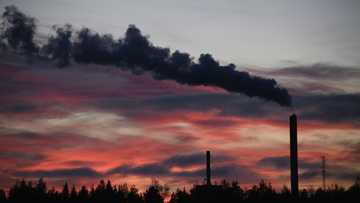Fight over fossil fuels drawdown looms at UN climate summit

Source: AFP
Two years after nations agreed to transition away from fossil fuels, dozens are pushing to go even further at the COP30 climate summit, setting up a showdown with oil powers.
The fires were lit when Brazilian President Luiz Inacio Lula da Silva, addressing world leaders ahead of the UN climate talks, called for a more concrete plan to "overcome dependence on fossil fuels."
This strong and unexpected political support has motivated a coalition of nations at COP30 hoping to advance the fossil fuel phase out, despite stiff opposition.
The so-called "roadmap" is not officially on the COP30 agenda -- but a concerted diplomatic push is underway to change that.
Countries including France, Colombia, Germany and Kenya are working with others to get fossil fuels "in the overall negotiated package," said a source from the French delegation at COP30.
These countries want a consensus decision by the nearly 200 nations in Belem, a signal that would carry far greater global heft than a declaration signed only by the nations on board with the roadmap goal.
"Our priority for the coming days is to broaden this coalition, to speak to all the countries that believe we need to move forward and accelerate on this issue," the French source added.
They believe 50 to 60 countries -- a broad sweep from Europe, Africa, Latin America, and small island states -- support the effort already, but are pushing for 100.
Lay the foundation
The idea is to build on a historic pledge in Dubai in 2023 to "transition away from fossil fuels in energy systems, in a just, orderly and equitable manner."
It was the first time a decision by all nations at a climate summit had explicitly mentioned a global move away from fossil fuels, the main driver of climate change.
It is not expected every country would support, for example, demands to specify dates or targets for phasing out coal, oil and gas.
But there is a call for countries to submit more specific details about progress toward that goal, something that could be reviewed possibly in a year's time at the next COP.
"I really like the roadmap idea because it lays the foundation for a fair and planned transition," Brazil's Environment Minister Marina Silva said this week.
Colombia is also circulating a document seen by AFP -- the "Belem Declaration" -- that supports "the call to advance a roadmap for the transition away from fossil fuels."
The South American country has announced it will host a conference in April 2026 specifically on accelerating this phase out.
'Diplomatic puzzle'
"It's a diplomatic puzzle that's taking shape," said Romain Ioualalen from Oil Change International, an activist group.
The challenge is to present COP30 hosts Brazil, who are bound by a principle of neutrality, with a sufficiently large enough bloc of countries to force the issue, he added.
But there are still many long days of negotiation before COP30 wraps on November 21 -- plenty of time for spoilers to thwart the plan.
Most oil-producing states, particularly Saudi Arabia, flatly oppose the idea taking root and have pushed back in various negotiation rooms in Belem, several sources said.
Around 70 countries are estimated to be opposed to any new decision out of COP30 that addresses fossil fuels, said one negotiator.
"It's good to talk about phasing down, or even phasing out fossil fuels while you are living in such developed nations as France," quipped Russia's chief negotiator, Vladimir Uskov, to AFP.
"While people in cities like Belem do not even have the access to food and to electricity, we cannot say that we need to develop solar or wind but we don't have the basics. So, these people need energy and these people sometimes and often need fuels as well."
The Organization of the Petroleum Exporting Countries (OPEC), which includes countries like Algeria, Saudi Arabia, Gabon, and Venezuela, has just confirmed its forecasts for increased global oil demand in 2025 and 2026.
Brazil, itself, is not without its contradictions, approving an oil exploration project at the mouth of the Amazon River just days before COP30 began.
Source: AFP




